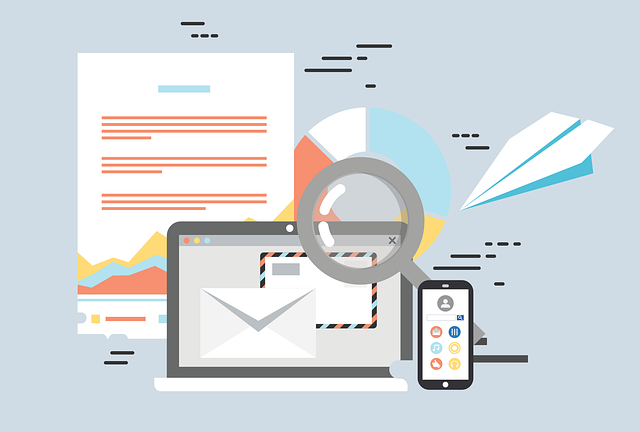In today's digital era, integrating Artificial Intelligence (AI) into truck repair operations is a strategic move that can significantly enhance efficiency, minimize downtime, cut costs, and boost customer satisfaction. AI technologies streamline diagnostics using vehicle sensor data, empower technicians with advanced skills through customized workshops, and keep teams updated on the latest AI technology. To measure success, shops should establish key performance indicators (KPIs) like time saved in diagnostics, parts inventory accuracy, and labor cost reductions, comparing pre- and post-AI adoption data. Effective evaluation metrics demonstrate the tangible benefits of AI marketing for truck repair shop success.
In today’s digital era, Artificial Intelligence (AI) is revolutionizing the automotive industry, particularly in truck repair. This article explores how AI can transform truck repair shops from within, focusing on three key aspects. We delve into understanding AI’s role, implementing effective training strategies, and measuring the impact of integration on shop performance. By harnessing AI marketing techniques, repair teams can enhance efficiency, accuracy, and ultimately, achieve success in meeting the demanding needs of modern trucking operations.
- Understanding AI's Role in Truck Repair: Benefits and Potential
- Implementing AI Training for Repair Teams: Strategies and Tools
- Measuring Success: Evaluating AI Integration Impact on Shop Performance
Understanding AI's Role in Truck Repair: Benefits and Potential

In today’s digital era, embracing Artificial Intelligence (AI) for truck repair operations is a game-changer that can significantly boost a repair shop’s success and marketing potential. AI technologies offer a myriad of benefits tailored to streamline and optimize the intricate processes within truck repair shops. By integrating AI, these facilities can enhance efficiency, reduce downtime, and improve overall fleet performance.
The role of AI in truck repair goes beyond initial expectations. It enables advanced diagnostics through machine learning algorithms, accurately identifying issues that might be missed by human eyes. This capability leads to faster repairs, reduced costs, and increased customer satisfaction. Moreover, AI-driven training programs can empower repair teams with up-to-date knowledge, ensuring they stay ahead of evolving vehicle technologies. Such continuous learning, facilitated by AI marketing strategies, positions the shop as innovative and customer-centric, attracting a modern fleet of vehicles and fostering long-term relationships.
Implementing AI Training for Repair Teams: Strategies and Tools

Implementing AI training in a truck repair shop is a strategic move towards enhancing team efficiency and ensuring long-term success in the market. AI marketing for truck repair shop success starts with identifying key areas where artificial intelligence can make a significant impact. For instance, AI tools can streamline diagnostic processes by analyzing vehicle sensor data to pinpoint issues accurately and quickly. This not only saves time but also reduces the chance of human error, leading to more reliable repairs.
To effectively integrate AI into training, repair teams should consider customized workshops that teach them how to use these new technologies. Hands-on sessions on AI-powered diagnostic software and machine learning algorithms can empower technicians with the skills needed to interpret complex data outputs. Additionally, providing continuous learning resources like online modules and webinars ensures that the team stays updated as AI technology evolves, enabling them to adapt and leverage its potential for enhanced truck repair services.
Measuring Success: Evaluating AI Integration Impact on Shop Performance

Measuring success is a critical aspect of evaluating the impact of integrating AI into truck repair shop operations. By implementing AI, shops aim to enhance efficiency, reduce costs, and improve overall performance. To gauge these outcomes, key performance indicators (KPIs) specific to AI-driven processes should be established. These KPIs might include tracking the time saved through automated diagnostic tools, the accuracy of parts inventory management systems, and the reduction in labor costs attributed to AI-aided tasks.
Regular comparisons between pre and post-AI adoption data are essential. This analysis reveals the significant shifts in shop performance, allowing for a clear understanding of AI’s contribution to operational excellence. As AI marketing promises enhanced truck repair shop success, effective evaluation metrics become indispensable tools for demonstrating the tangible benefits of this technology integration.
AI integration in truck repair shops isn’t just a trend—it’s a game-changer. By implementing AI training, teams can enhance efficiency, reduce costs, and improve overall shop performance. The benefits are clear: faster diagnoses, more accurate repairs, and better decision-making. As the world of truck repair evolves, embracing AI marketing strategies becomes essential for staying competitive and ensuring long-term success.
